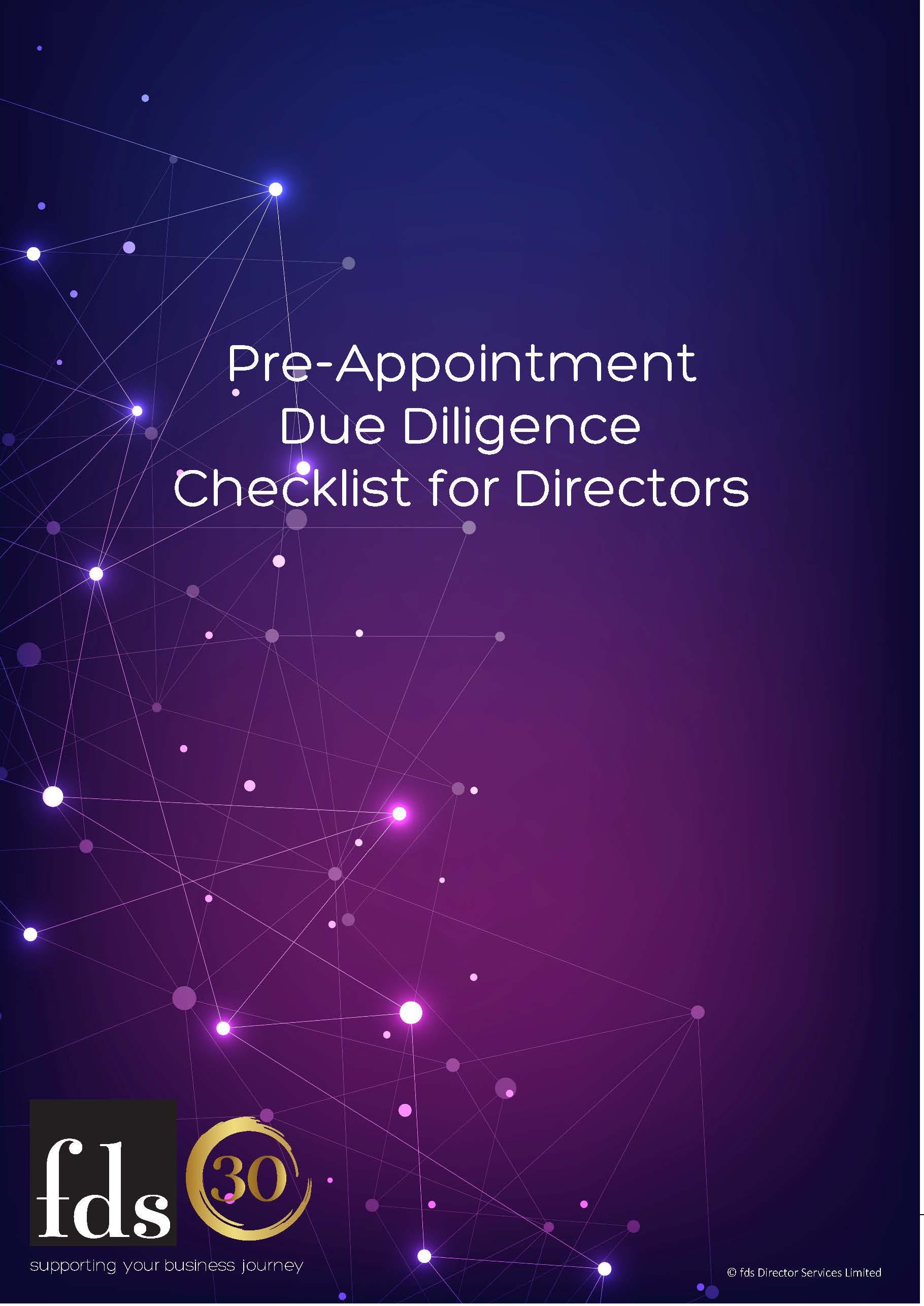In the UK there is no requirement for any formal qualification to act as a director. In fact, there are very few things that prevent you from becoming one.
Clearly, you can’t be disqualified, but other than that, as long as you are a minimum of 16 years old, have sufficient mental capacity i.e., you are not sectioned, for instance, are solvent and are not currently serving a sentence for an indictable offence, that’s it! You meet the criteria basically. Of course, this doesn’t necessarily make you the most effective you could be, though who knows you might be amazing.
There are of course a number of skills that can be learnt and without a doubt, experience helps even/or especially bad experiences, can be really enlightening. But I do not believe that a formal qualification makes you more effective, rather the things you learn on the route make you better.
Whilst there are a few organisations that offer a formal qualification, the actual piece of paper doesn’t make you a better director as such, it just signifies you can pass an exam. The lessons learnt in a classroom though, available from multiple organisations including my own are worthwhile. That coupled with sheer practical experience on the board is what shapes your skillset. This board experience can be in a not-for-profit, a charity, or a general commercial business. It will help if you have experienced both success and challenges, as our skillset is developed by being involved in both at some point in your career. It is also super helpful if you can access a coach or mentor. Oh, and read up on why things go wrong in the boardroom, as they inevitably do.
Soft skills are as important to hone as the more substantive ones, such as financial acumen, basic good governance, strategic planning, marketing fundamentals, and of course securing a sound understanding of technology. No one person can be experts in all these formal skills, and you don’t need to be, but you need sound basic knowledge. I make one exception to that and that is financial understanding which is, particularly in SMEs, usually below par. Where you can though try and improve, or at least be aware of your strengths and weaknesses in the softer skillset. For me, these are fundamental differentiators of the mediocre and the great performer. A high EQ is a must or at least understand where you are perhaps wanting in this are; a sense of humour (vital), an ability to absorb vast amounts of information and to be decisive, there are others of course but these would be my top soft skills.
Recognise that we learn as we live, I have sat on over 40 boards in my career and it’s a rare board meeting where I don’t pick up a new skill of some sort.
So, forget the exam, it’s not important. Some of the most credible directors in the country have never passed an exam in their life and many directors with a raft of qualifications are incompetent at best. So, it’s the learning that matters a qualification won’t make you a better more able director, but the learning on the journey most definitely will.

